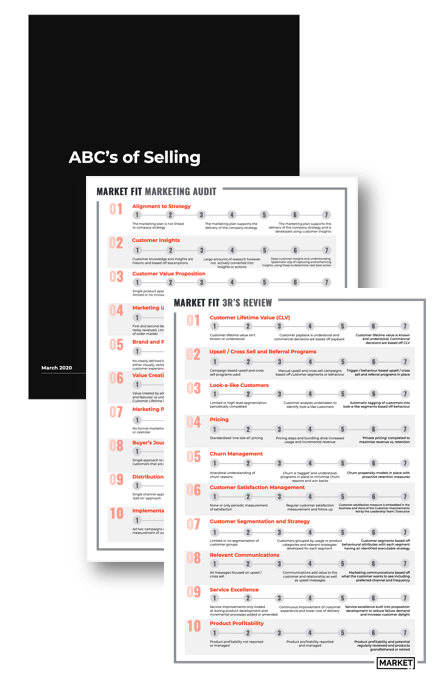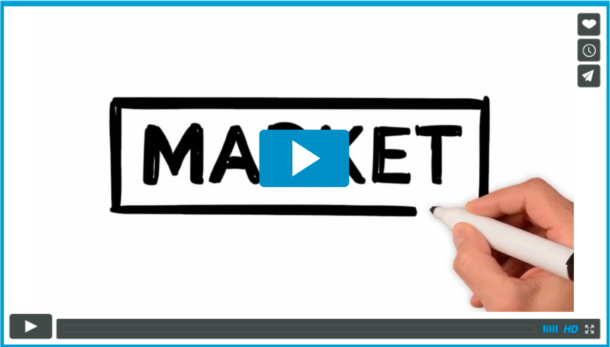Every generation has it – that moment you realise you’re no longer in the ascendant.
Growing up you snipe at the heels of those who went before – for me that meant annoying the hell out of my first corporate Baby Boomers and Gen X bosses, equally learning from them and valuing their experience while realizing that they don’t get me and my values.
However none of that lessens the sudden shock at realising you may have… how can I put this… jumped the generational shark. For me this is a new(ish) sensation – as a consultant I am constantly exposed to new working environments, and regularly taken out of the generationally cocooned comfort zone of an exec or senior management enviroment. The shock was crystalized last week as I walked through the office of one of my clients when I realized I was of a different generation to much of the workforce (and for the record – I’m 42 so hardly pensionable!).
However, this wasn’t a one off – a search on the ‘information super highway’ confirmed my feeling… Millennials are now the dominant generation, in the US Millennials surpassed Gen Xers in the workforce this year, making up 53.5% of the total workforce. With that comes a massive $200b in spending power. This all leads to the obvious questions what impact will they have in business (as employees) and then secondly, as customers (which I’ll get into next week).
Millennials are loosely defined as those born between 1980 to 2000, revolutions in technology have drastically altered their attitudes and worldviews. Digitally native, they have matured in perhaps the fastest period of change in history – this has generated a different set of priorities and expectations from previous generations.
Of course, as with any generational definition it’s impossible to view people born over a twenty-year spread as one coherent group. Some Millennials will enter the workforce just as other 10-15 year workplace Millennial veterans are in leadership positions. But I still think these macro trends are worth considering:
- Millennials are defined by their smartphones… 87% state it never leaves their side, 78% spending over two hours per day on it
- Roughly 1/3 prefer online work collaboration to person to person or over the phone. This compares to 20% for older generations.
- A focus on remote interaction rather than person to person makes Millennials less team oriented
- Millennials expect to be highly mobile, and will express surprise (and often decline roles) if work from home/cafe is not an option
- Not only are they flexible about where they work they are also flexible about the nature of work … 38% freelance, and over 1/3 believe they will work ‘mainly flexible’ hours in future
- 1 in 5 work outside usual business hours… compared to the older generations this isn’t viewed as a problem, rather a fact giving them control over work-life balance, with work being fitted in around life
- There is a misconception they want high pay – money is actually second in a decision set behind the value and meaning of work
- Following on from this the type of project and the people involved are more important than location
- Millennials are more narcissistic and have high expectations – 9 out of 10 think they deserve the ‘dream job’ and 70% believe that they should have ‘me time’ at work
- They are mobile and willing to move for roles or to get ahead – only 25% are satisfied with their current role, 60% will switch roles within five years
- Conversely, they are much more open to change – more creative, adaptable and entrepreneurial than those before them. They have a real desire to develop, learn, and grow.
Key Takeaways:
So, as an elder statesperson you have two options:
- Bury your head in the sand and pretend they don’t exist (before you do this take some time to research how this approach worked for your forebears)
- Or, embrace the new work force and consider ways to accommodate them…
- Enable technology, embrace mobility
- Flex your workforce with freelancers and flexible staff
- Flatten structures
- Focus on the meaning and purpose of roles




